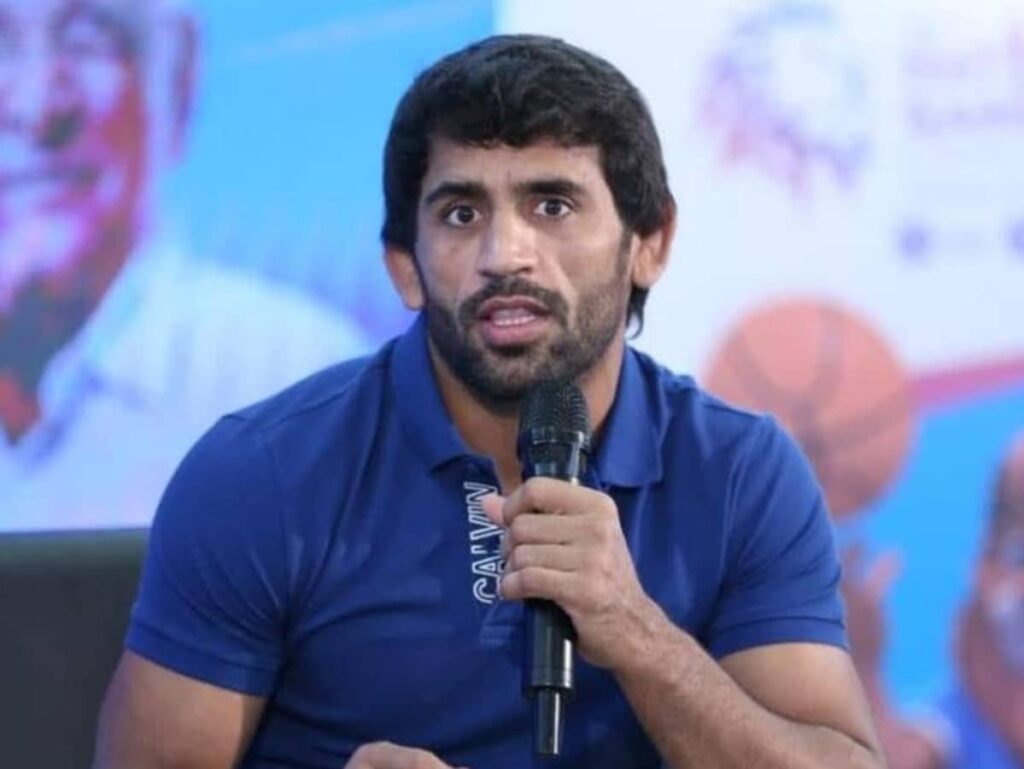In recent developments within the Indian wrestling community, statements made by wrestler Sakshi Malik have prompted a response from her fellow athlete Bajrang Punia. The wrestling fraternity has been shaken by allegations and revelations that have surfaced, highlighting deeper issues within the sport, especially concerning the treatment of female wrestlers. Punia’s response not only sheds light on his personal experiences but also calls for a broader discussion on the challenges faced by athletes in India.
Bajrang Punia’s Response to Sakshi Malik’s Statement
After Malik’s candid remarks, Bajrang Punia expressed his thoughts, stating, “Everything was going well in my life. I was winning medals and receiving rewards from the government.” He emphasized the significance of the competition and accolades in his life, which had taken a turn after hearing the truths shared by some female wrestlers. This highlights the juxtaposition of individual success against the backdrop of systemic issues within the sport.
The Impact of Allegations on Athletes
Punia’s comments point to a troubling reality: the emotional and mental toll that such revelations can have on athletes who have dedicated their lives to the sport. As champions of wrestling, both Malik and Punia carry the weight of public expectations while navigating their careers amidst these serious allegations.
Confronting the Issues in Wrestling
Malik’s and Punia’s statements bring forward various critical issues that need to be addressed:
| Issue | Description |
|---|---|
| Female Athlete Safety | Concerns about the treatment and safety of female wrestlers in training and competition environments. |
| Mental Health | The psychological impact of competitive pressures and public scrutiny on athletes, particularly women. |
| Systemic Changes | The need for reforms that ensure fairness, safety, and equality in the sport. |
Conclusion
The reactions from Bajrang Punia following Sakshi Malik’s statements open a crucial dialogue regarding the challenges faced by wrestlers, especially women, in India. As the wrestling community grapples with these revelations, it is essential for stakeholders, including governing bodies and coaches, to listen and implement necessary changes. Addressing the issues raised can lead to a healthier and more equitable environment for all athletes, ensuring that their achievements are celebrated without overshadowing the deeper concerns that need immediate attention.
